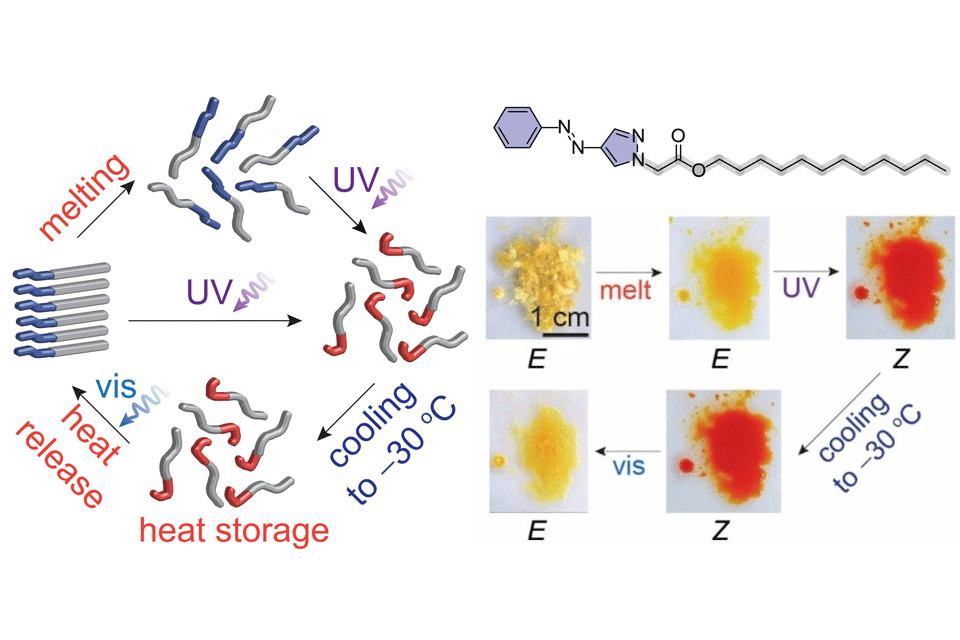2019 Award Recipients
The Provost's Office is pleased to announce recipients of the 2019 round of Provost Research Awards. Any Brandeis faculty or staff member involved in research, scholarship, or creative activity in any field was eligible to apply for an award. Projects awarded funding initiate innovative scholarly inquiry and creative activities that have the potential for significant, sustained impact.
Expand All
Jonathan Shapiro Anjaria, Anthropology
I propose an ethnographic and GIS analysis of utility cyclists and the roadside “micro-infrastructures” that support them in order to produce a more culturally informed idea of sustainable transportation.
Yu-Hui Chang, Music
Funding is requested to support a recording project for two of my original orchestral compositions – a new 25-minute piece for orchestra, and Mountain is Mountain (a concerto for flute and string orchestra, 16 minutes long, written in 2007). These pieces will be preformed and recorded by Boston Modern Orchestra Project (BMOP) during its 2019-2020 season, followed by a portrait CD to be released under the BMOP/sound label.
Elizabeth Ferry, Anthropology
This project facilitates collaboration between a tourism and heritage expert from the city of Guanajuato, Mexico and local organizations in the mining town of Marmato, Colombia, in order to research whether community-based heritage tourism projects can follow through on their principles of inclusion and distribution of benefits, or not.
Michael Hagan and Pengyu Hong, Physics and Computer Science
Climate change is accelerating the evolution and spread of viruses, creating the potential for pandemics. Understanding virus self-assembly is critical for developing drugs that kill viruses by disrupting their selfassembly pathways. We propose to develop novel Artificial Intelligence techniques to elucidate virus selfassembly, thus facilitating the development of antiviral drugs.
Grace Han and Ben Rogers, Chemistry and Physics
Our proposal aims to initiate an interdisciplinary project focused on developing new energy-storage materials to help mitigate climate change. The project will support two undergraduate students in an exciting, collaborative research endeavor, combining Han’s expertise in chemical synthesis and quantitative calorimetry with Rogers’ expertise in phase transitions, nucleation, and modeling.
Albion Lawrence, Physics
The proposal is to use nonequilibrium statistical fluid dynamics to design techniques to diagnose oceanic flows from satellite observations; and understand the physics of atmospheric and ocean jets. The goal is to shift a major portion of my research effort to theoretical work in climate physics.
Tatjana Meschede, Heller School for Social Policy and Management
While the role of wealth in economic mobility is well established in the U.S., in Germany quantitative scholarship in this field is just beginning. This qualitative study will extend the Institute on Assets and Social Policy Leveraging Mobility study by conducting parent pilot interviews in Germany, connect with German scholars and investigate funders, in partnership with Brandeis’ CGES.
Yuko Nakajima and James Haber, Biology
We will exploit a breakthrough in initiating site-specific chromosome cleavage in Borrelia to determine precisely how the Lyme disease bacterium evades the human immune system by changing its coat. We will use genetic and pharmacological means to inhibit this diversification, which should enable the host to combat infection more effectively.
Suzanne Paradis, Biology
Synapses are specialized sites of cell to cell contact that mediate communication between neurons in the nervous system. Synapses come in two flavors: excitatory, which promotes information propagation through neuronal networks, and inhibitory, which prevents it. One cause of seizures is a disruption to the balance of excitatory and inhibitory synapses, resulting in runaway excitation in the brain. My lab discovered that the protein Sema4D causes new inhibitory synapses to form very rapidly, within a few hours of exposure to Sema4D. Further we recently demonstrated that Sema4D administration suppresses seizures in two different mouse
models of epilepsy.
Siri Suh, Sociology
This exploratory project will establish the theoretical and methodological groundwork for an ethnography that explores how Misoprostol, a highly effective abortifacient drug, is transforming the technological and professional landscape of reproductive health in Senegal. I will identify relevant stakeholders, institutions, and sources of clinical and epidemiological data for future study. This project contributes to social science and public health scholarship on the causes and consequences of unsafe abortion, which has accounted for at least 13% of global maternal mortality since the 1990s.
Veda Tatavarty, Biology and Chi-Hong Wu, Neuroscience
I have discovered that a gene causally linked to autism prevents neurons from undergoing critical “self-tuning” at the molecular level. I propose to investigate if defects in a certain molecular mechanism responsible for this self-regulation contribute to the development of repetitive behaviors in an animal model of autism. Ultimately, can the molecular entities involved in this process serve as targets for pharmacological intervention in the quest to alleviate autism symptoms? This project will provide both didactic and experimental neuroscience training for Brandeis undergraduates from diverse backgrounds including the biological, physical and computational sciences.
